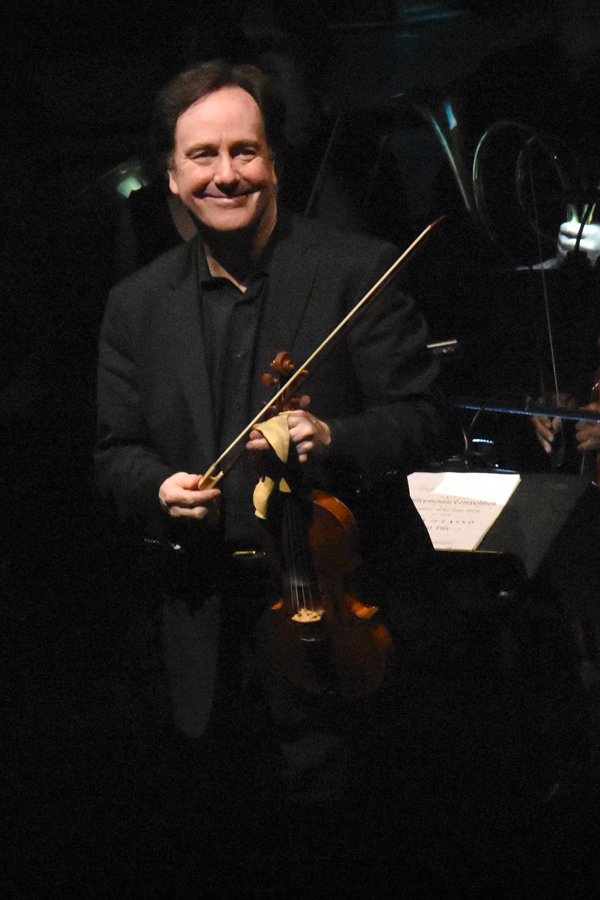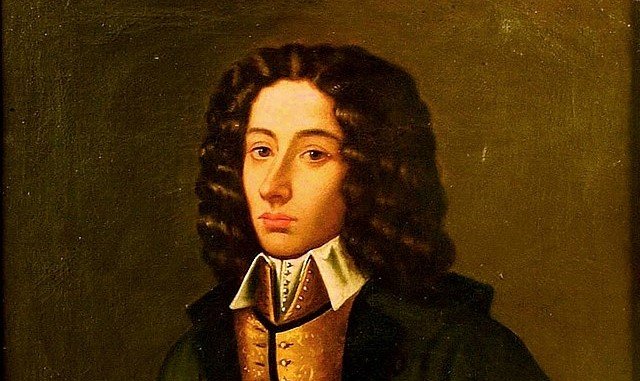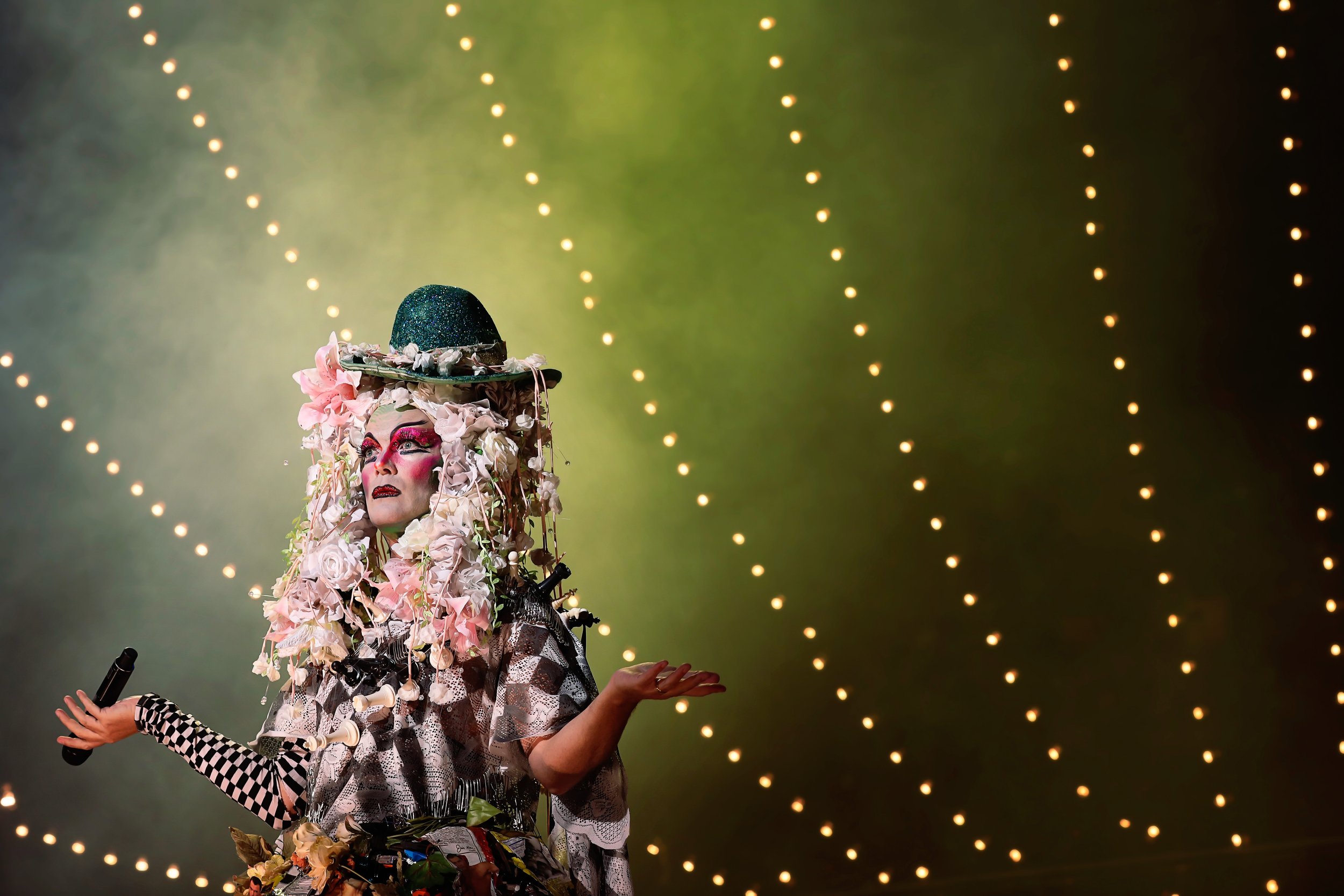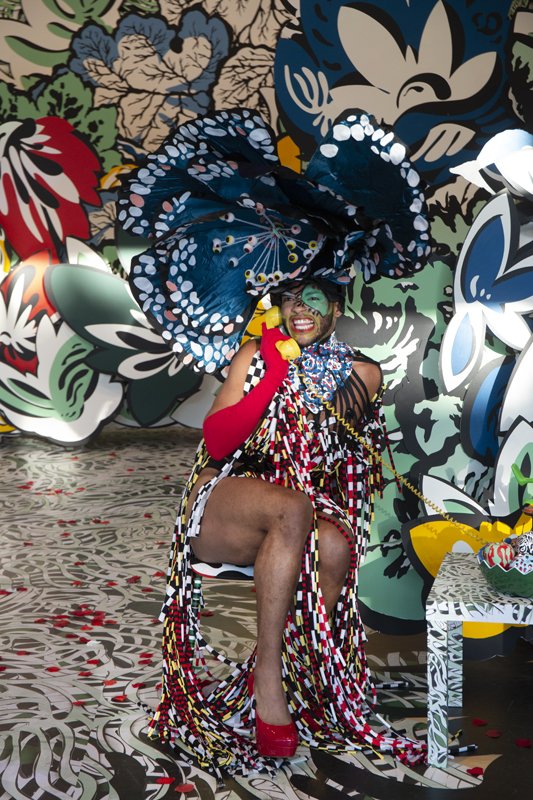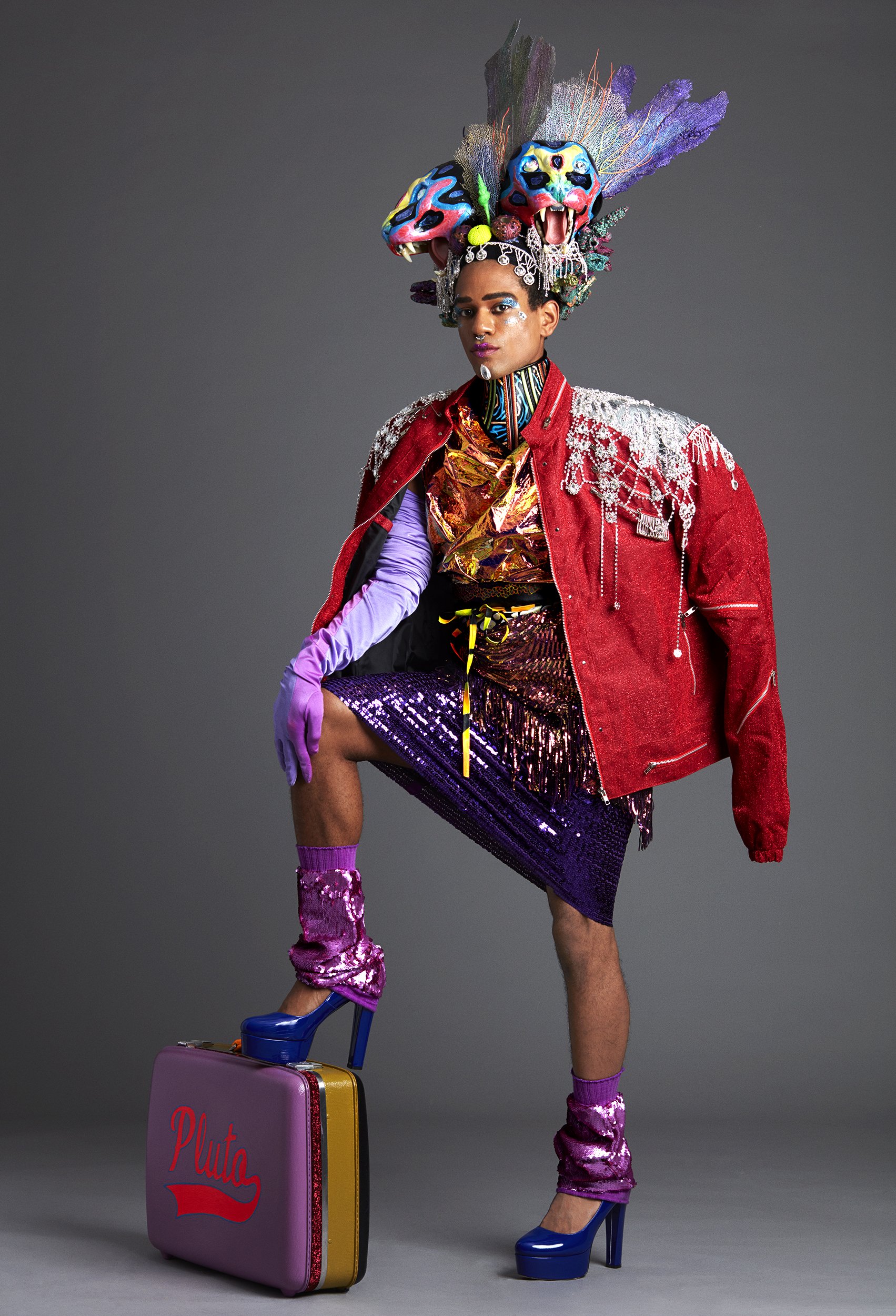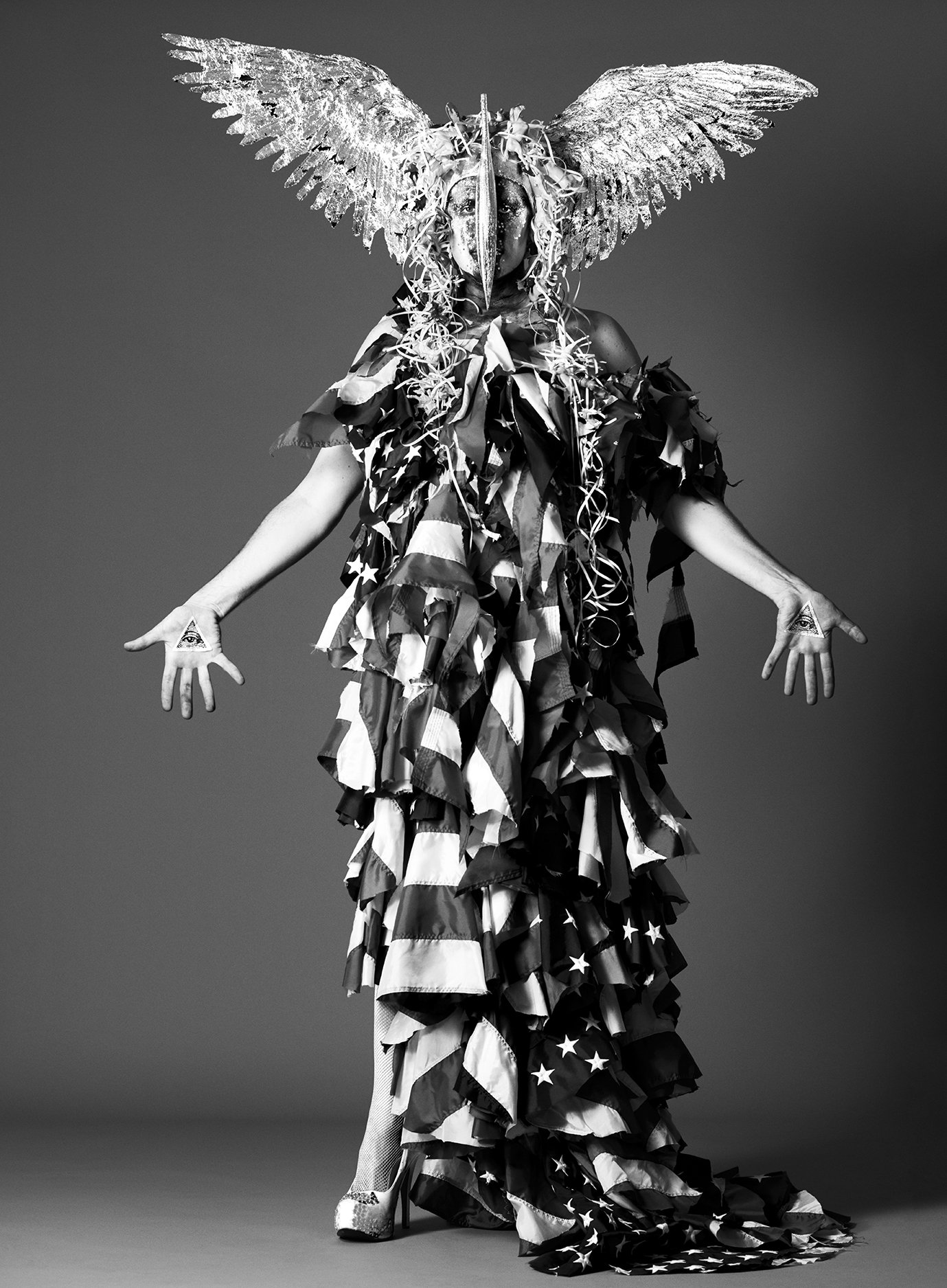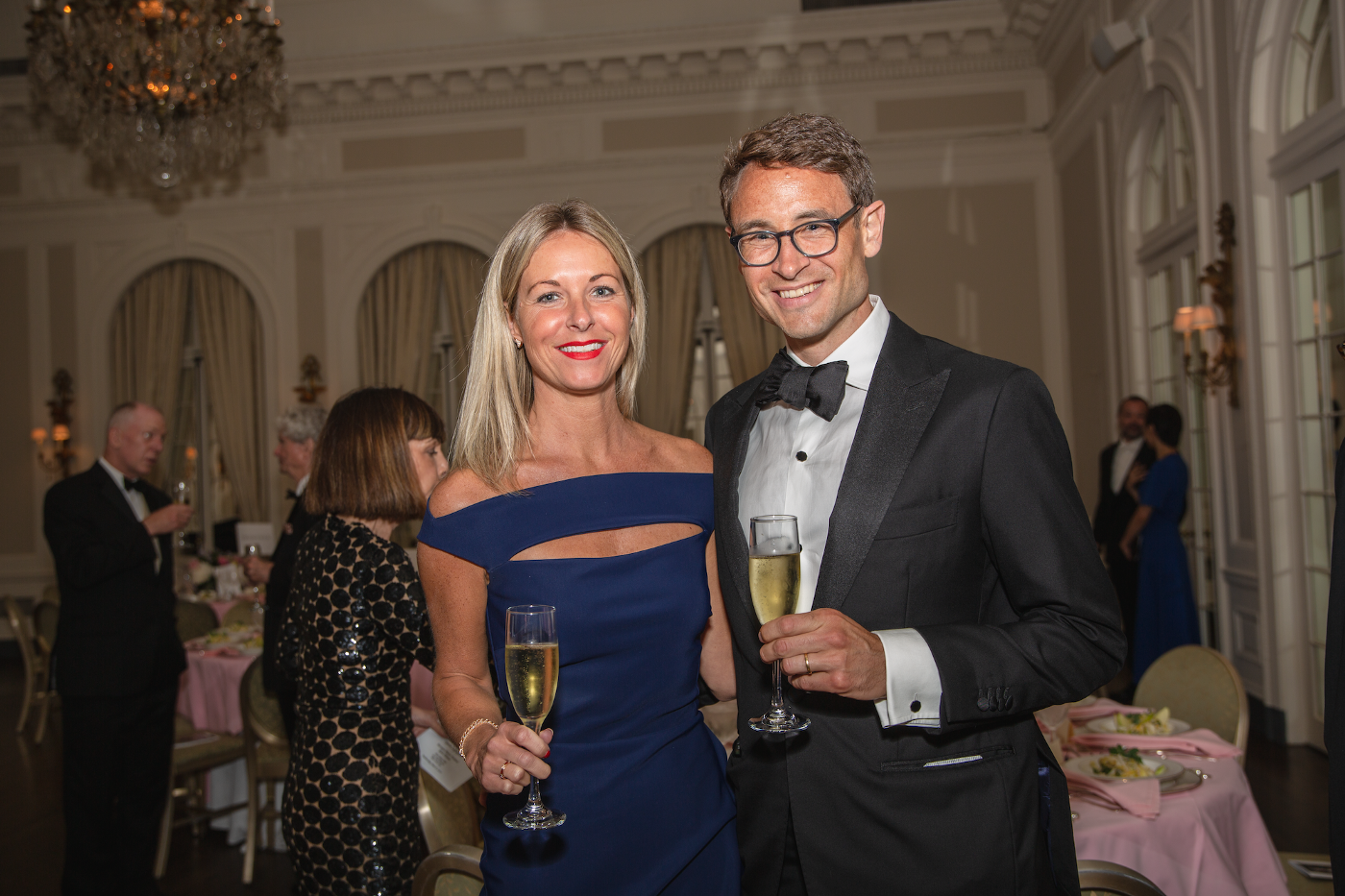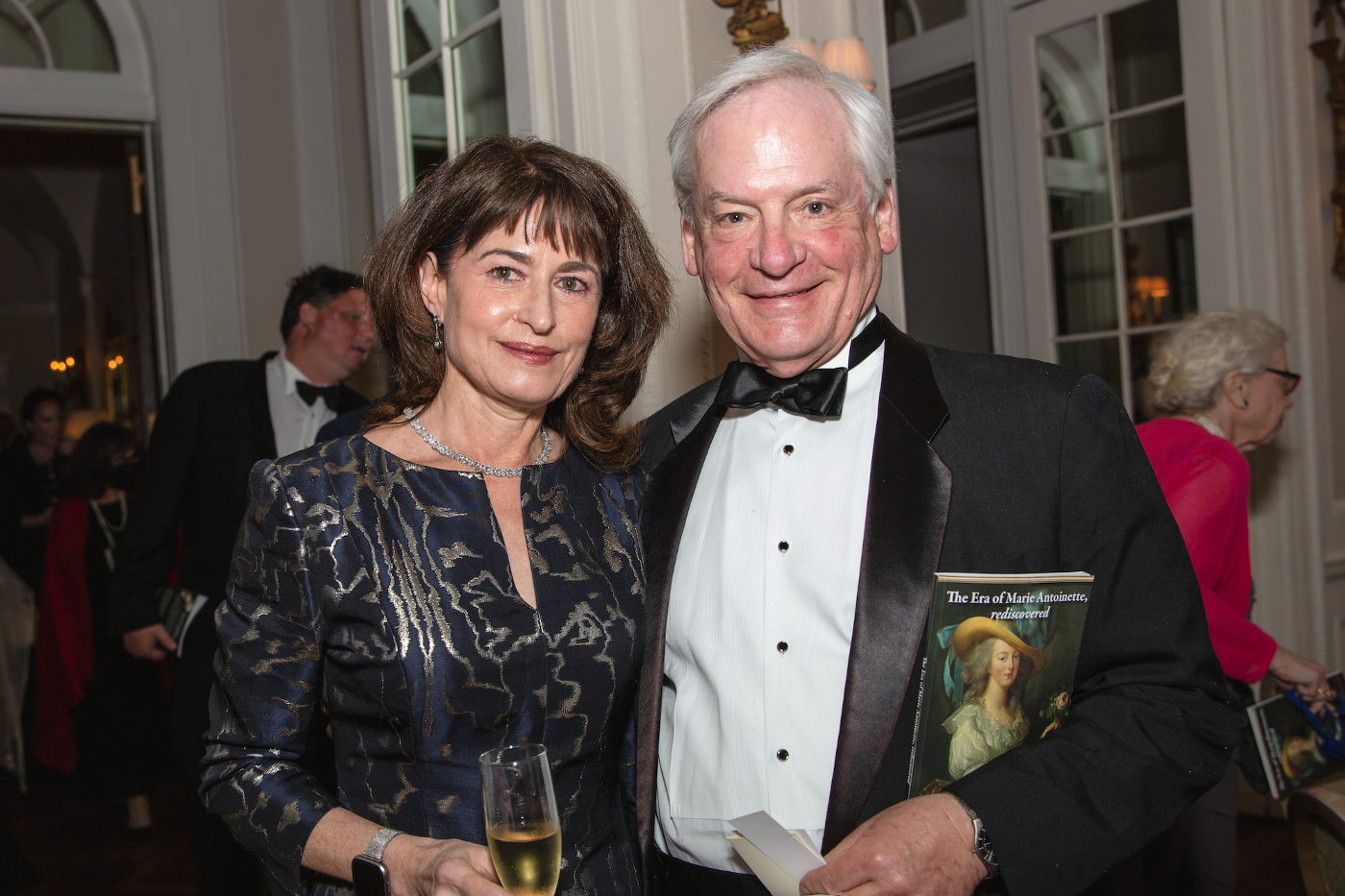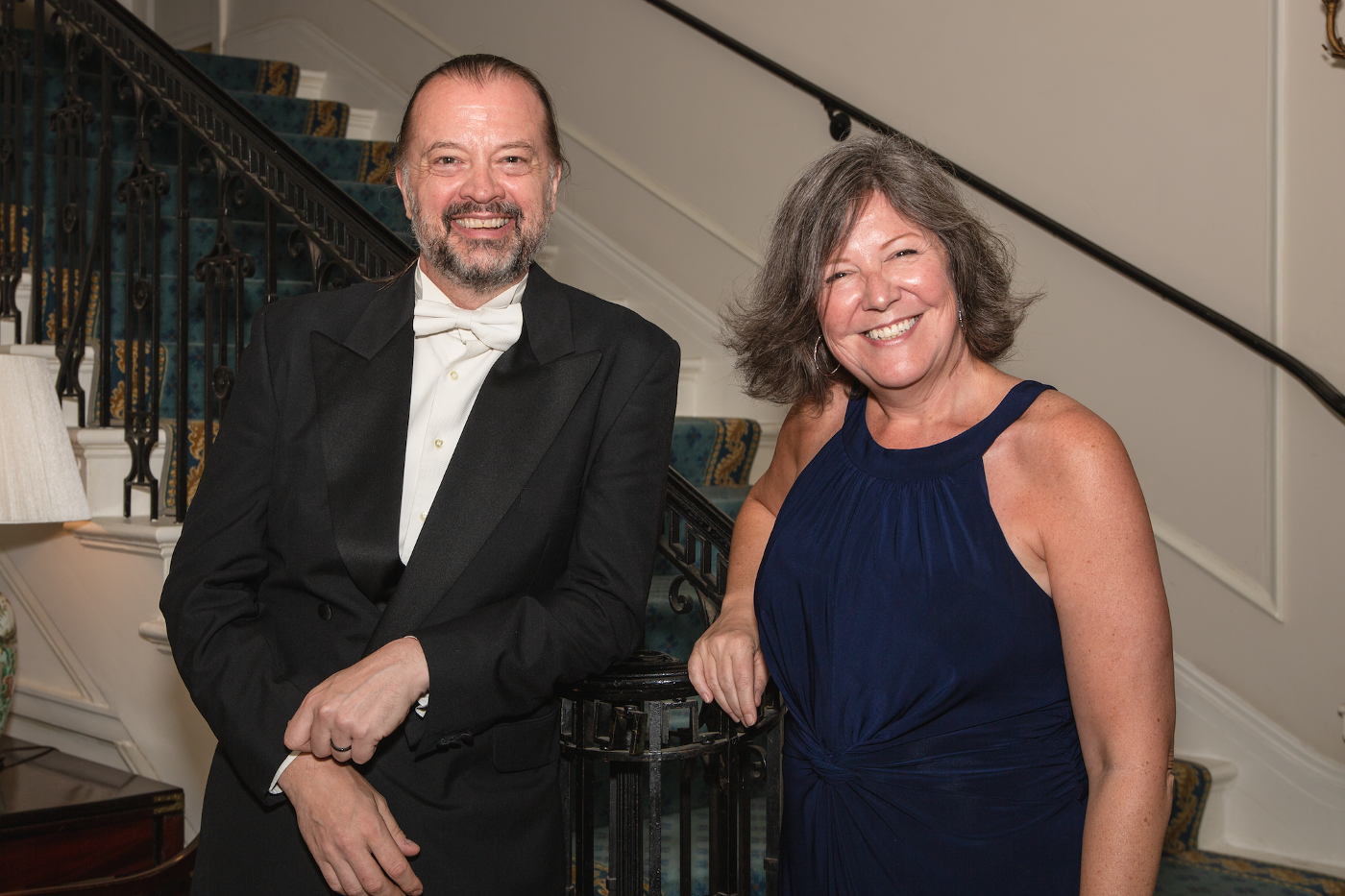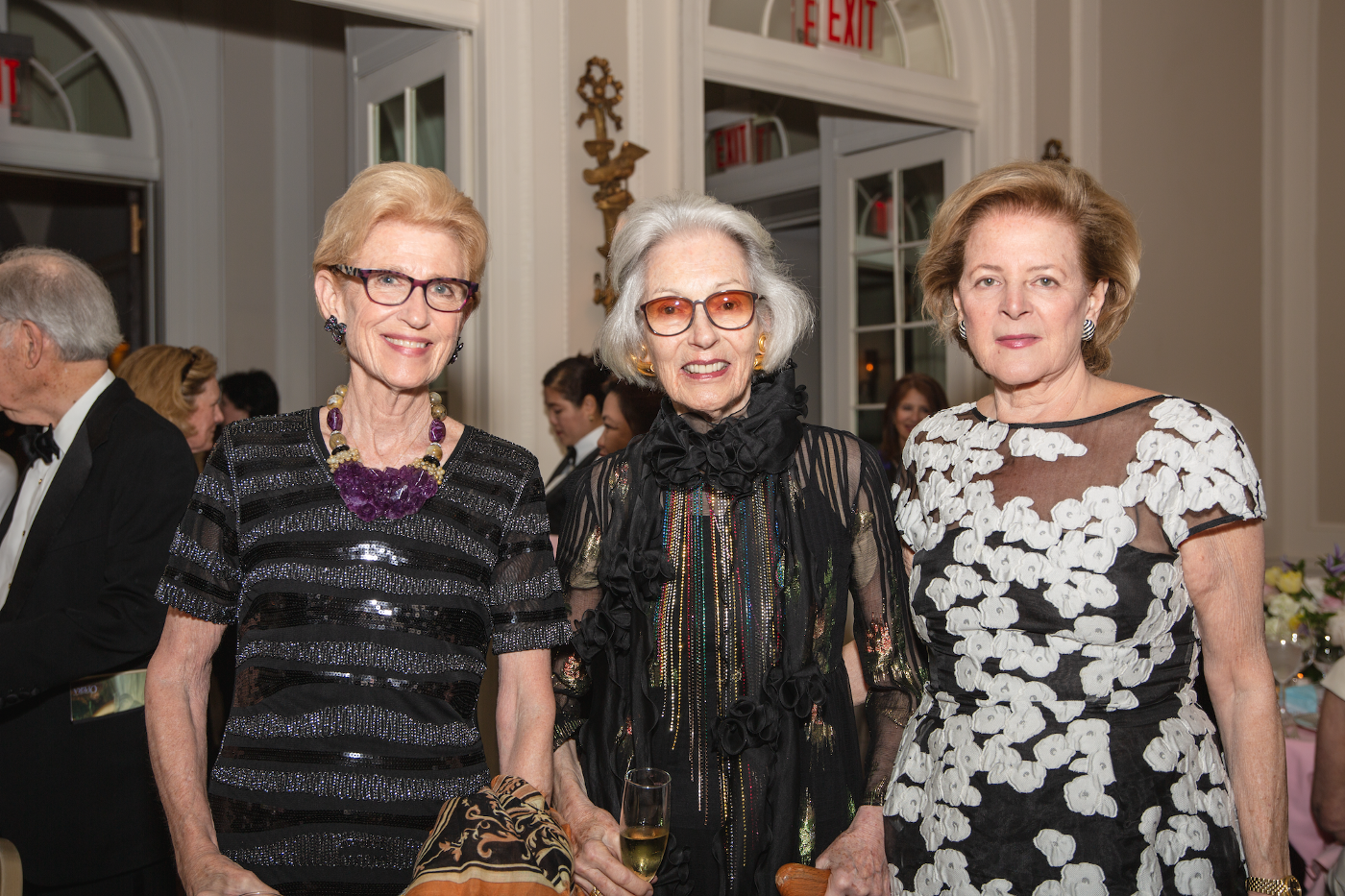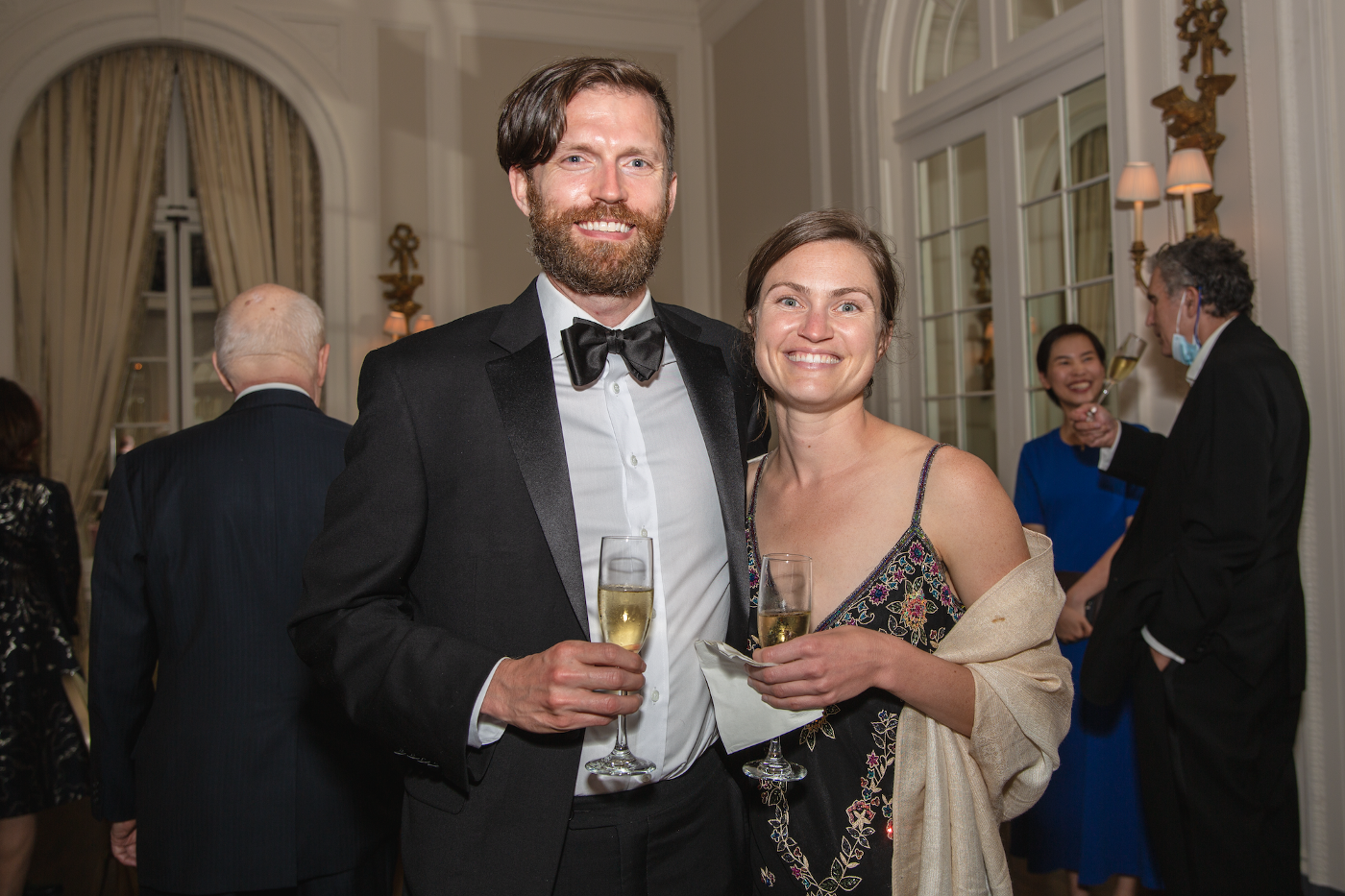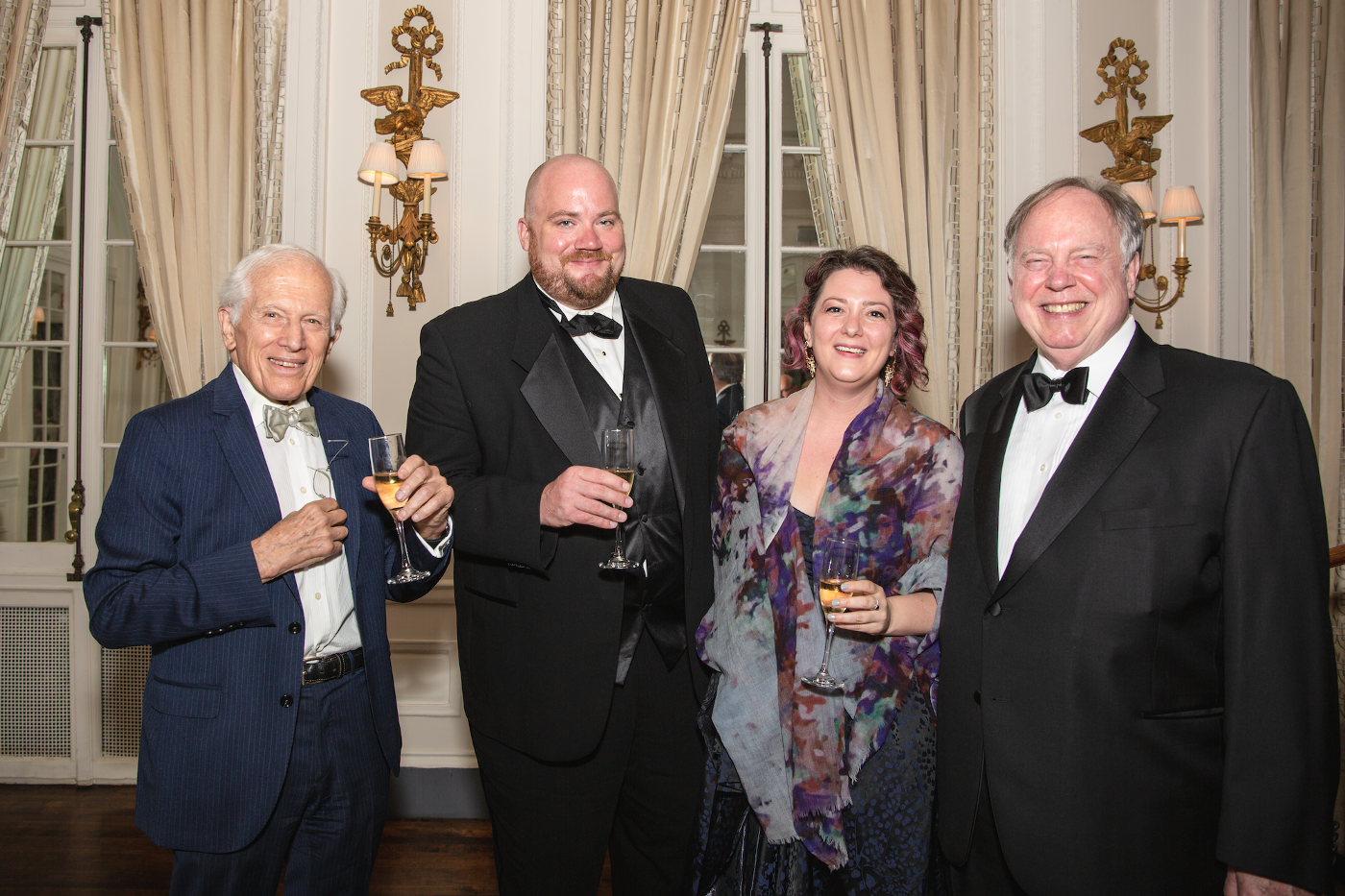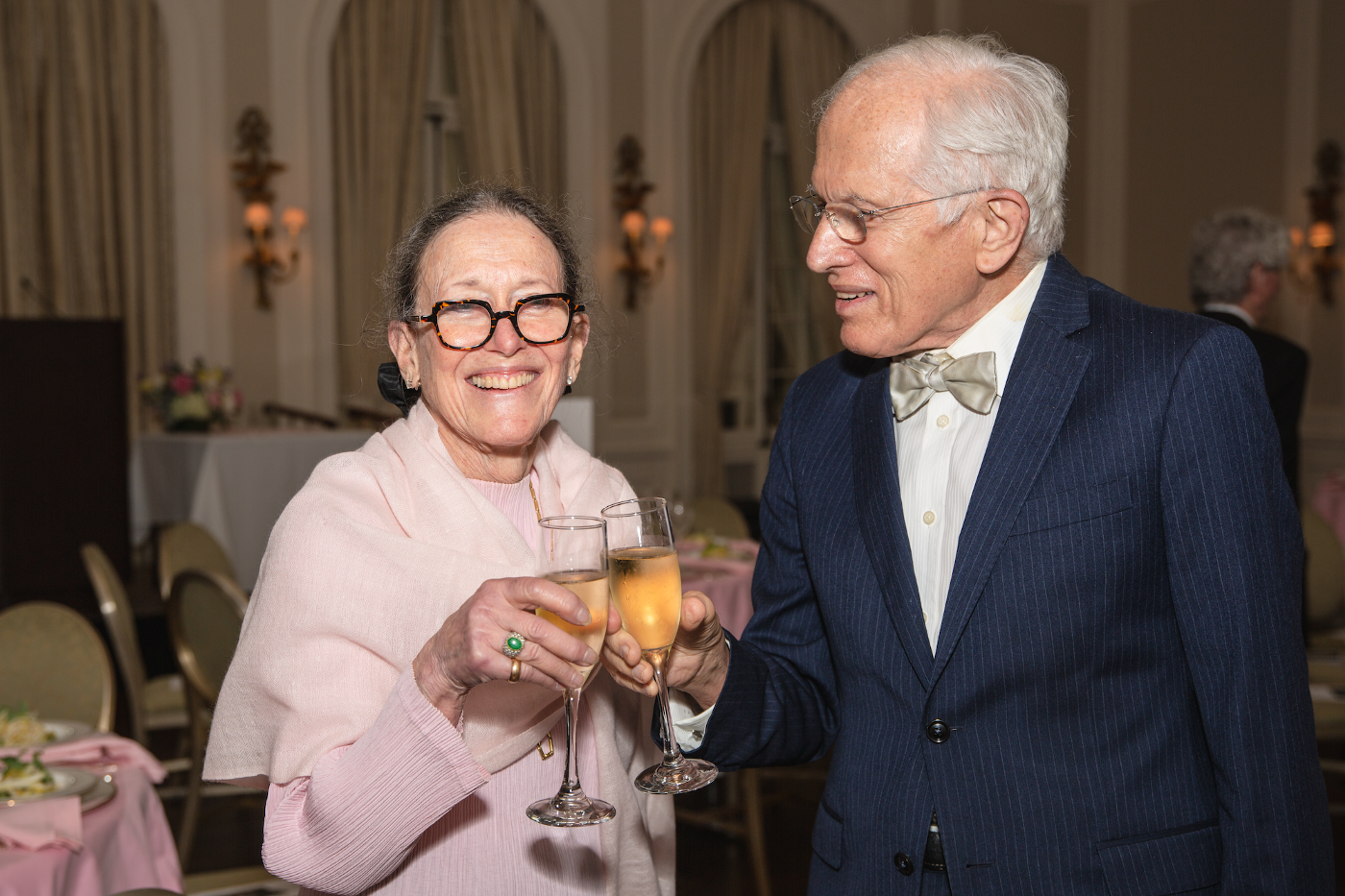PRESS RELEASE
OperaCréole and Opera Lafayette Featured on
NBC Nightly News
The feature highlighted the two opera companies’ joint efforts to produce the world premiere of Edmond Dédé's Morgiane, the earliest known opera by a Black American, for the 2024/25 season
WATCH NBC NIGHTLY NEWS PIECE HERE
(WASHINGTON, DC Feb 8, 2024) - On February 5th, NBC Nightly News featured the ongoing efforts by OperaCréole and Opera Lafayette to produce the opera Morgiane 137 years after its composition. Morigane, composed by Edmond Dédé, is the earliest known opera by a Black American. Dédé, a fourth-generation free person of color, was born in New Orleans in 1827.
NBC Nightly News traveled to New Orleans to film a segment of the work that OperaCréole’s Artistic Director Givonna Joseph is doing to bring restorative justice to American opera through presentations of work by 19th-century free people of color. As part of that segment, NBC focused on the joint project between OperaCréole and Opera Lafayette to take Morgiane to the stage for the first time ever, premiering in New Orleans on November 20th, 2024, Washington, D.C., on February 3rd, 2025, and New York City on February 5th, 2025.
For the past nine months, OperaCréole and Opera Lafayette have been collaborating to finally bring Morgiane to life. OperaCréole is a historical opera company based in New Orleans whose mission is to give life to the compositional voices of the 19th-century community of free people of color who were at the heart of New Orleans’ flourishing opera scene. Opera Lafayette, a period instrument opera company based in Washington, DC, and New York City, is a leading interpreter of music from the 17th through 19th centuries, highlighting the historical context and current relevance of often overlooked works of brilliance.
Edmond Dédé began his music career early in his life, training as a violinist with members of New Orleans’ French and Italian opera companies, and was quickly recognized as a prodigy virtuoso. As a result of worsening conditions for free Black people in antebellum Louisiana, Dédé fled New Orleans for Paris, where he enrolled in the composition class at the Paris Conservatoire, studying with two of the greatest teachers of the time, Fromental Halévy and Adolphe Adam. Upon leaving the Conservatoire, Dédé took up the post of conductor and composer at the Alcazar Theater in Bordeaux, where he wrote over 75 works, including ballets, operetta, symphonic and popular music.
"Edmond Dédé is a towering figure in classical music that has been almost completely erased from history because of the legacy of institutionalized racism,” says OperaCréole co-founders Givonna Joseph and Aria Mason. “His compositions are both of their time and modern to the listening ear. The music fully expresses love, longing, grief, humor, and the importance of standing up against injustice, but because of the color of his skin, the classical music audience of America. France and the world have been deprived of knowing about one of our shared musical luminaries.”
Dédé’s Magnum opus, Morgiane, was composed toward the end of his 40-year tenure in Bordeaux, however, it was never selected for production. Dédé’s score was assumed to be lost for nearly 100 years but was recently rediscovered in the collections of Harvard’s Houghton Library and given to OperaCréole by Xavier University of Louisiana’s then archivist Lester Sullivan. Since June 2024, Opera Lafayette Artistic Director Designate Patrick Dupre Quigley, has been working with a team of engravers to transcribe the single-extant 500-plus page handwritten score into modern notation.
“Morgiane is the most important piece of American music that no one has ever heard,” said Opera Lafayette's incoming Artistic Director, Patrick Dupre Quigley. “The American musical community has been deprived of this masterpiece for over 130 years; it is high time that Dédé and his music take their rightful place in the American musical canon.”
###
The award-winning OperaCréole, founded in 2011 by the mother-and-daughter team of Givonna Joseph and Aria Mason, is dedicated to researching and performing lost or rarely performed works by composers of African descent. The company specializes in works by free 19th-century New Orleanian composers of color and promoting Louisiana's Creole language and culture.
A leading interpreter of music from the 17th to the 19th centuries, Opera Lafayette performs little-known operatic gems and creates a legacy of these works through recordings. Incorporating dance, stunning costumes, and intimate staging with rising star singers and musicians playing period instruments, an Opera Lafayette performance transports its audiences to an era when beauty and captivating storytelling were the order of the day. Opera Lafayette gives new life to centuries-old compositions, supported by scholarly research that highlights both the historical context of these works and their relevance to today’s world.
www.operalafayette.org

